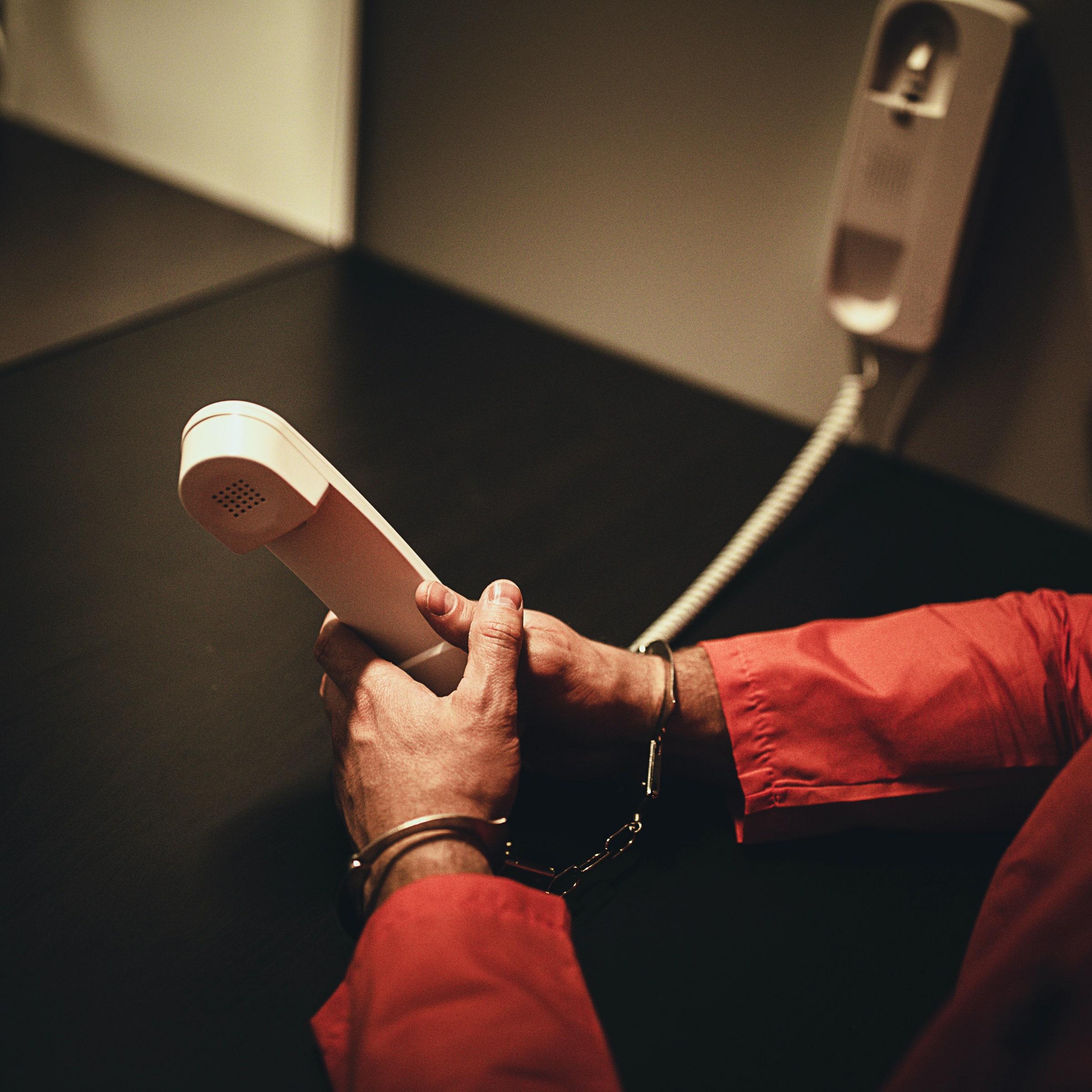Prison Phone Call Fees Are Out of Control. The FCC Can Finally Rein Them In
Communication is a fundamental right for all human beings, regardless of their circumstances. Yet, for the 1.5 million individuals incarcerated in the United States, staying connected with their loved ones through phone calls is a luxury often overshadowed by exorbitant fees. The cost of making a simple phone call from behind bars has reached astronomical levels, creating a major obstacle for inmates and their families to stay in touch. However, there is hope on the horizon as the Federal Communications Commission (FCC) gears up to regulate these fees, ensuring more affordable communication for incarcerated individuals.
In recent years, the fees charged for prison phone calls have skyrocketed, despite advancements in technology that have significantly reduced the cost of communication for the general population. A report by the Prison Policy Initiative highlights that, on average, a 15-minute phone call from prison can cost up to $5.95, a fee that is double or triple the hourly wage of many incarcerated individuals. These inflated rates make it nearly impossible for inmates to maintain regular contact with their families, exacerbating the emotional strain of separation and hindering the likelihood of successful reintegration into society upon release.
The reasons behind these exorbitant fees can be traced back to the monopolistic nature of the prison telecommunications industry. A small number of companies dominate the market, and their exclusive contracts with correctional facilities grant them the power to set exorbitant rates without fear of competition. This lack of market regulation has allowed these companies to exploit a vulnerable population, profiting off their longing for connection with loved ones.
Fortunately, change is finally on the horizon. The FCC, under the leadership of Acting Chairwoman Jessica Rosenworcel, has taken an assertive position on prison phone call fees. In 2013, the FCC set caps on interstate phone rates for incarcerated individuals, drastically reducing costs for long-distance calls. However, the ruling did not extend to intrastate calls, resulting in a continued exploitation of inmates and their families. The FCC must now close this loophole to ensure consistent and fair regulation across all calls.
Chairwoman Rosenworcel has made it her mission to bring down these staggering costs and promote more accessible communication for incarcerated individuals. In a recent statement, she highlighted the importance of maintaining connections with families and support networks, stating, “Studies show that when people in prison maintain these meaningful relationships, they do better upon release. It makes no sense for this to be unaffordable.”
To achieve this goal, the FCC proposed a Notice of Proposed Rulemaking in December 2020, opening the door for public comments and feedback on the issue. This crucial step will enable the FCC to gather valuable insights from affected parties, including incarcerated individuals, their families, and advocacy groups, to design comprehensive regulations that address the inherent inequities in the system.
It is imperative that the FCC takes swift action to rein in prison phone call fees. By setting reasonable price caps and promoting competition within the industry, incarcerated individuals and their families can finally enjoy more affordable communication. Moreover, the FCC should work to include provisions that ensure transparency in billing, ban hidden fees, and explore alternative modes of communication, like video and internet-based calls, that could further reduce costs while maintaining connection.
While some argue that inmates should bear the full financial burden of their communication expenses, it is important to recognize that these fees not only affect those behind bars but also their families. Studies have shown that inmates who maintain strong connections with their loved ones are less likely to reoffend and more likely to successfully reintegrate into society upon release. By enabling cost-effective communication, we are creating a society that prioritizes rehabilitation and reduces recidivism rates.
the FCC’s initiative to regulate prison phone call fees is a positive step forward in ensuring more affordable and accessible communication for incarcerated individuals. By eliminating monopolistic practices, setting reasonable price caps, and exploring alternative forms of communication, we can help bridge the gap between the incarcerated and their loved ones. It is time to prioritize the fundamental human right to maintain connections, and the FCC has the power to make it happen.

